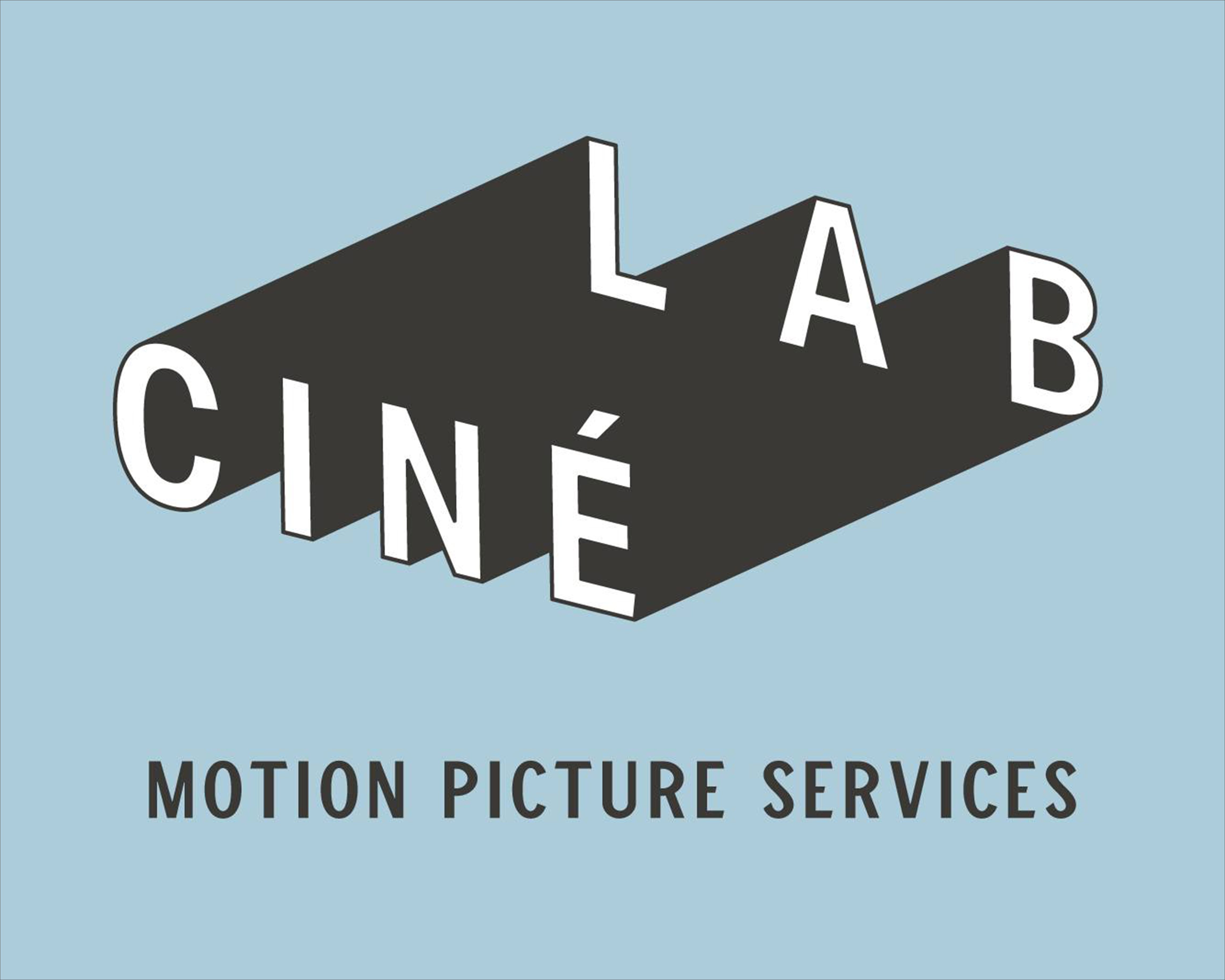I’m only going to use one example from that AWFUL blog post you pointed to as a guide as to why structure doesn’t work. Besides the fact that it HAS worked for hundreds of years, Mandell seems like he doesn’t even know what an inciting incident is. He certainly can't read page numbers.
Linda Segars excellent book “Making a Good Script Great” uses The Fugitive as an example of excellent story structure. Your guy gets the story and page numbers incorrect.
From MAGSG: Catalyst/Inciting Incident: The catalyst begins the action of the story... The catalyst is the first main “push” that gets the plot moving.
The Fugitive Script:
http://www.pages.drexel.edu/~ina22/splaylib/Screenplay-Fugitive.pdf
In the script the action doesn’t go from real time to flashback as it does on the screen.
Movie: Roughly 14 minute mark he's convicted.
Script: Page 20 convicted, Page 17 we know he's going to be convicted, Page 14 he realizes he is the prime suspect.
All of these are well within the bounds of catalyst/inciting incident, and in both script and screen are thoroughly entertaining, not a wasted moment.
The catalyst is not the murder. Because he’d still be a Doctor able to go to work and rebuild his life. What changes his life? Being convicted of a crime he didn’t commit.
What comes next? By 30 minutes and page 30 the accident happened and the Dr escapes which brings the action to Act Two.
PERFECT STRUCTURE.
That’s just one example of where that blog is flat out WRONG about structure.
He actually explains why the student’s script failed at page 17, she forced everything after it. Once you force the action, your script is gone. It's not structure to blame, it's the writer.
In his previous post “The Most Common Resons Why Scripts Are Rejected” he lists reasons why only 2% of scripts get recommended. #10 pertains to his student. He says: The story begins too late in the script. “... many of these writers fall in love with too much of this pre-story stuff. They fail to realize that while they may have needed to write it, we sure as hell don’t need to read it.” That's his student's problem.
Oh, and if your Mandell is the one that wrote Battefield Earth, complete box-office disaster. It’s his only credit at IMDB. Of course in his bio he’s written a ton of material, yet doesn’t give one example. Maybe he’s a good consultant, after reading that blog post, I can't imagine how.
Structure works, and to tell people who want to learn to ignore it, is terrible advice. But, they could be part of the 2%... Of course then the word BRILLIANT would have to be used.





